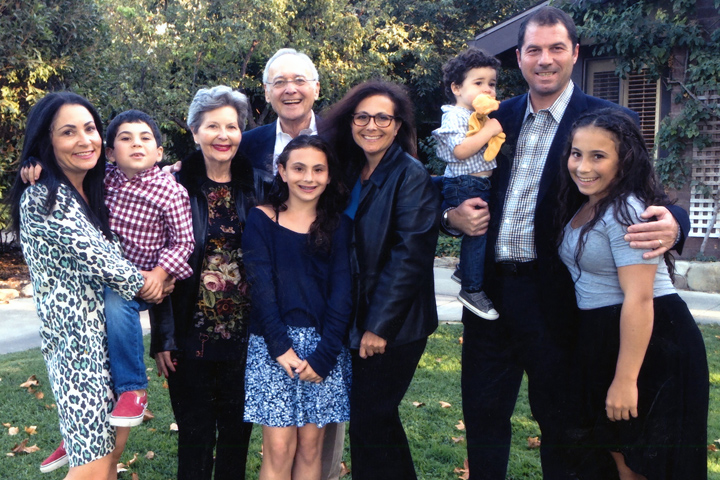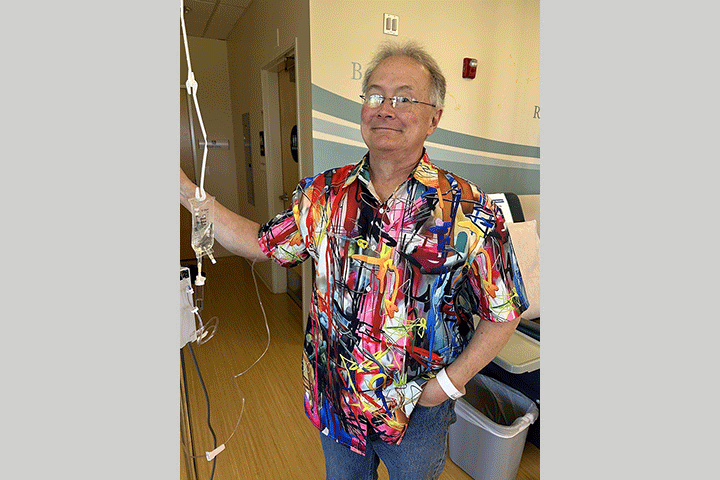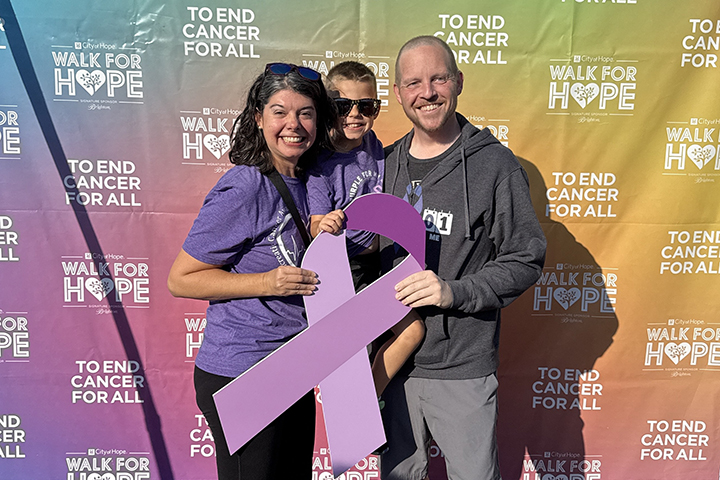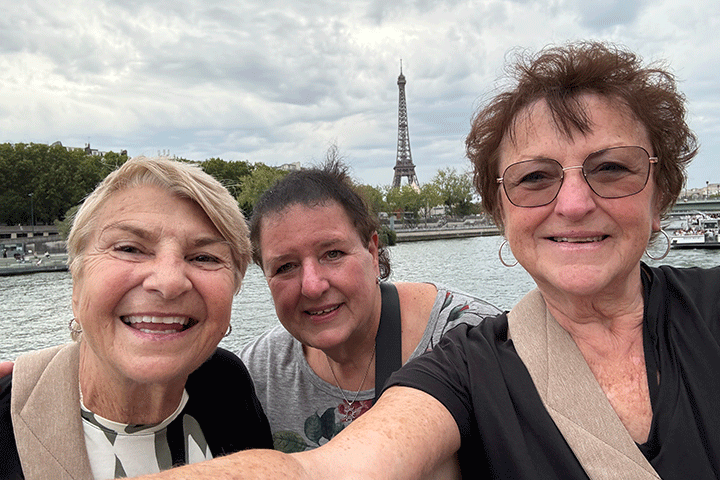Thriving After Surviving Pancreatic Cancer

- Whipple surgery
- Personalized chemotherapy with a combination of drugs
- Complementary techniques like meditation and qi gong help center my energy
I am a seven-year survivor of pancreatic cancer.
In the summer of 2011, I noticed that I had lost weight over the previous six months, without deliberately trying to. I realized that my skin and eyes were yellow, my bowels were gray/white, my urine red/orange, and I had what I thought were gas pains in my upper back between shoulder blades. I knew then that something was very wrong.
A Scary Diagnosis
In August I went to my doctor. He did my blood work and then sent me for a CT and PET scan that same day. The diagnosis: pancreatic cancer. I thought my life was over. I knew it was the worst thing that could ever and did ever happen to me. I didn’t know of any survivors, and had not heard of any survivors. I had only heard of people who did not survive.
Within three weeks after the diagnosis of pancreatic cancer, I met with Dr. Nicholas Nissen, a surgeon, and in early September I had a Whipple procedure. The surgery was not easy and learning how to eat afterward was a challenge. Over time, I used acupuncture and digestive enzymes to help me eat, but I also learned that time is a healer.
After I recovered from surgery, I began chemotherapy in December 2011 with Dr. William Isacoff, a highly respected oncologist who thinks outside the box. He came up with a personalized treatment plan for me. He used a combination of drugs at different times in different combinations, including Abraxane, Eloxatin, Xeloda, Avastin, 5-FU, leucovorin, and mitomycin. The chemotherapy treatments were difficult but I listened to some of my favorite music—Frank Sinatra and Andrea Bocelli— during my treatments and told my body to relax and to accept these drugs in order to heal.
Centering My Energy
I did a number of different things to help myself through treatment. I regularly saw a doctor who combined western medicine with complementary therapies, so I continued seeing this doctor during chemotherapy. I believe this played a huge part in my survival and well-being. I did many things to keep myself from feeling stressed and anxious. I meditated, had acupuncture treatments, and followed an exercise regimen that included Pilates and qi gong, all to keep myself centered. I also made sure I ate a disciplined diet of fresh and organic foods. I feel all this was and continues to be fundamental to my recovery.
The support of my husband was also an integral part of my healing. He took care of me, and never believed that this disease would take me. He helped keep me grounded, so that my worries would not spiral out of control.
During my chemo treatment I had CT scans and blood work every three months. I completed chemotherapy in October 2012. In January 2013, I had plasmapheresis treatments in order to bring up my platelet numbers. After I finished my chemotherapy, I went for CT scans and blood work every three months for three years, then every six months, and now once a year. I still have office visits with Dr. Isacoff and have my blood work done.
Finding the Brightness
The literature and statistics contribute to the belief that pancreatic cancer is the worst kind of cancer. But people have to find their own hope. It’s definitely a journey—and you need to find your way to connect with a higher power and make that a significant part of your journey.
Pancreatic cancer has changed the way I look at life. I used to be a worrier, and now I move through life more freely. When faced with a challenge, I have a better mindset, because I know I can do it.
I am not just surviving—I am thriving.
Watch Nancy tell her story in the video “Finding Your Own Hope: A Seven-Year Survivor of Pancreatic Cancer,” part of the Survivor Video series.





